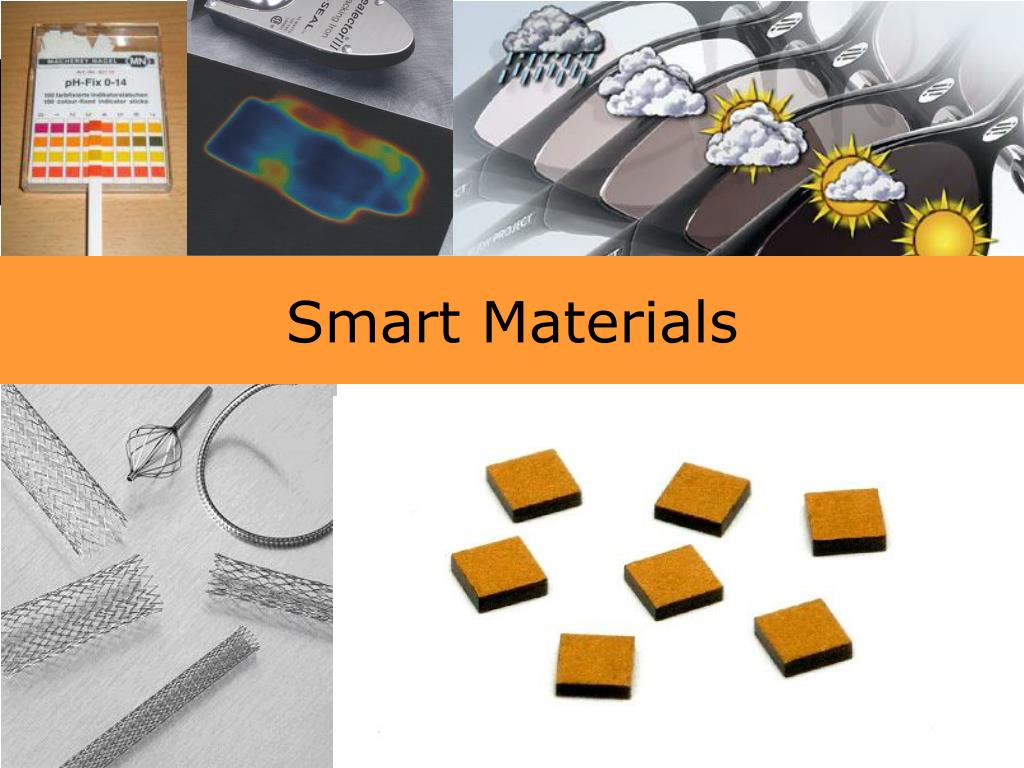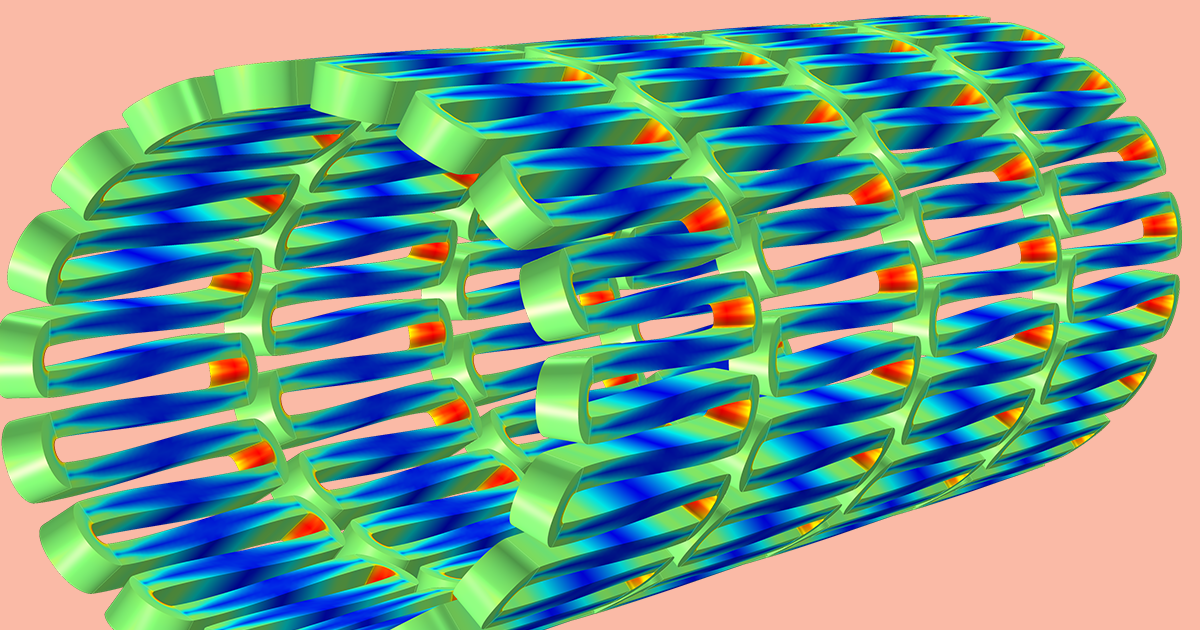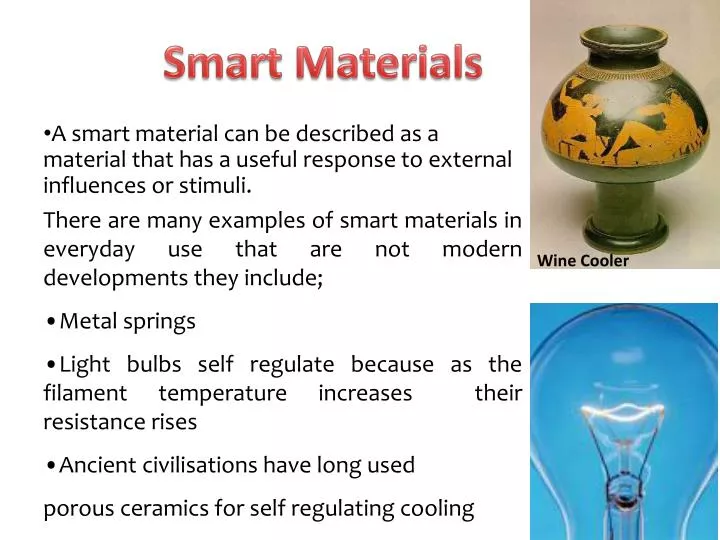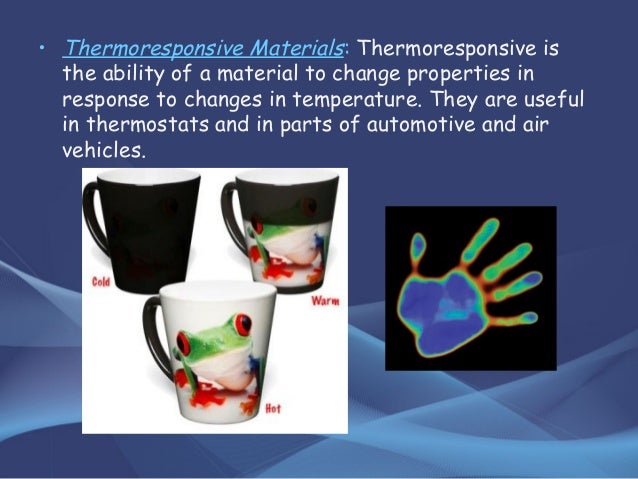Smart Materials Presentation
| Introduction to Smart materials | ||
|---|---|---|
| Smart materials are materials that have the ability to change their properties in response to external stimuli. These materials have gained significant attention in various fields including engineering, aerospace, and healthcare. Smart materials can be categorized into different types based on their response to stimuli such as temperature, light, pressure, or magnetic fields. | ||
| 1 | ||
| Types of Smart materials | ||
|---|---|---|
| Shape memory alloys (SMAs) are a type of smart material that can return to their original shape when heated. Piezoelectric materials generate an electric charge when subjected to mechanical stress, making them useful in sensors and actuators. Electrochromic materials change their color when an electric current is applied, allowing for applications in smart windows and displays. | ||
| 2 | ||
| Applications of Smart materials in Engineering | ||
|---|---|---|
| Smart materials are used in the aerospace industry to improve the performance and efficiency of aircraft wings by adjusting their shape in response to changing conditions. In civil engineering, smart materials can be used in the construction of self-healing concrete that can repair cracks and increase durability. Smart materials are also incorporated into biomedical devices such as artificial muscles and drug delivery systems to enhance patient care and treatment effectiveness. |  | |
| 3 | ||
| Advantages of Smart materials | ||
|---|---|---|
| Smart materials offer improved functionality and performance compared to traditional materials. They can adapt to changing conditions, reducing the need for manual adjustments or interventions. Smart materials can lead to energy savings and cost reductions in various applications, such as in smart buildings or energy-efficient vehicles. | ||
| 4 | ||
| Challenges and Future of Smart materials | ||
|---|---|---|
| There are still limitations in terms of cost and scalability of smart materials, making widespread adoption a challenge. Further research and development are needed to enhance the durability and reliability of smart materials. The future of smart materials holds great potential for advancements in fields such as robotics, wearable technology, and renewable energy. | ||
| 5 | ||
| Conclusion | ||
|---|---|---|
| Smart materials are a class of materials that can change their properties in response to external stimuli. They have diverse applications in engineering, aerospace, healthcare, and other industries. Advancements in smart materials offer exciting possibilities for innovation and improvement in various fields. | ||
| 6 | ||



